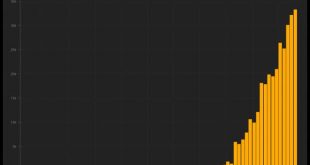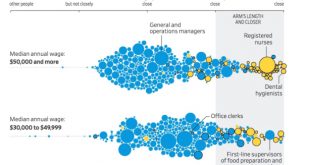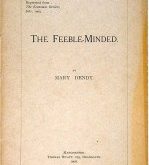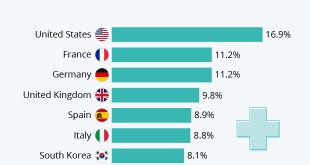Read More »
Coronavirus dashboard for April 5: mandatory lockdowns start to work
Coronavirus dashboard for April 5: mandatory lockdowns start to work by New Deal democrat Here is the update through yesterday (April 4) I’ve changed the format, moving the “just the facts, ma’am” data to the top, and comments to the end. The four most important metrics are starred (***) below. Number and rate of increase of Reported Infections (from Johns Hopkins via arcgis.com) Number: up +33,787 to 312,245 (vs. +32,857 on April 3) ***Rate of...
Read More »Dumb and Dumber — the Chicago version
from Lars Syll A couple of years ago, in a lecture on the US recession, Robert Lucas gave an outline of what the New Classical school of macroeconomics today thinks on the latest downturns in the US economy and its future prospects. Lucas starts by showing that real US GDP has grown at an average yearly rate of 3 per cent since 1870, with one big dip during the Depression of the 1930s and a big – but smaller – dip in the recent recession. After stating his view that the US recession that...
Read More »Australia’s post-war recovery program provides clues as to how to get out of this
I’m running behind, but here’s my latest piece in the Conversation. Although the situation is very different from that of 194t, this, from the White Paper on Full Employment is as relevant as ever Despite the need for more houses, food, equipment and every other type of product, before the war, not all those available for work were able to find employment or to feel a sense of security in their future. On the average during the twenty years between 1919 and 1939 more than one tenth...
Read More »Job contagion
from David Ruccio source Evidence thus far suggests that low-wage workers, most of whom can’t perform their labor remotely, are more likely to either lose their jobs (because of shutdowns, especially in leisure and hospitality) or be forced to continue to work in close proximity to others (either coworkers or customers), and therefore are more likely to contract coronavirus. Moreover, if and when the economy recovers, employers are likely to adopt labor-saving technologies and other...
Read More »Maths and economics
from Lars Syll Many American undergraduates in Economics interested in doing a Ph.D. are surprised to learn that the first year of an Econ Ph.D. feels much more like entering a Ph.D. in solving mathematical models by hand than it does with learning economics. Typically, there is very little reading or writing involved, but loads and loads of fast algebra is required. Why is it like this? … One reason to use math is that it is easy to use math to trick people. Often, if you make your...
Read More »Mel Watkins
[unable to retrieve full-text content]Canada’s most prominent progressive economist has passed. He will be sorely missed. https://canadiandimension.com/articles/view/mel-watkins-a-life-well-lived
Read More »Mel Watkins
[unable to retrieve full-text content]Canada’s most prominent progressive economist has passed. He will be sorely missed. https://canadiandimension.com/articles/view/mel-watkins-a-life-well-lived
Read More »Unemployment in US and UK ‘may be worse than in Great Depression’
from today’s Guardian Unemployment in Britain and the US could surpass the levels reached during the 1930s Great Depression within months as the coronavirus crisis crushes the global economy, a former Bank of England official has warned. In a stark forecast as job losses mount around the world, David Blanchflower, professor of economics at Dartmouth College in the US and a member of the Bank’s interest rate-setting monetary policy committee during the 2008 financial crisis, said...
Read More » Heterodox
Heterodox





